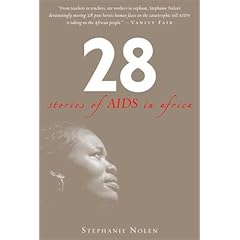The study suggests that shifting resources to struggling students in early grades will be a more effective way to improve achievement than the state’s current approach of focusing on students in the last year of high school.
My educational response to this brilliant finding would be, "DUH"! And here's another nugget we've been talking about for a couple years now.
Help with reading in early grades would benefit students in all other subjects, a particularly important benefit for English learners.
Of course, I'm convinced starting in 4th grade is way too late. Schools should start in kindergarten, and give parents plenty of resources to do the one thing that makes a difference before school: read to their child 20 minutes a day. Maybe we also ought to get out the CAHSEE blueprints for math and language arts and make sure our kids have mastered all the prerequisite skills embedded in that test before leaving our doors.


